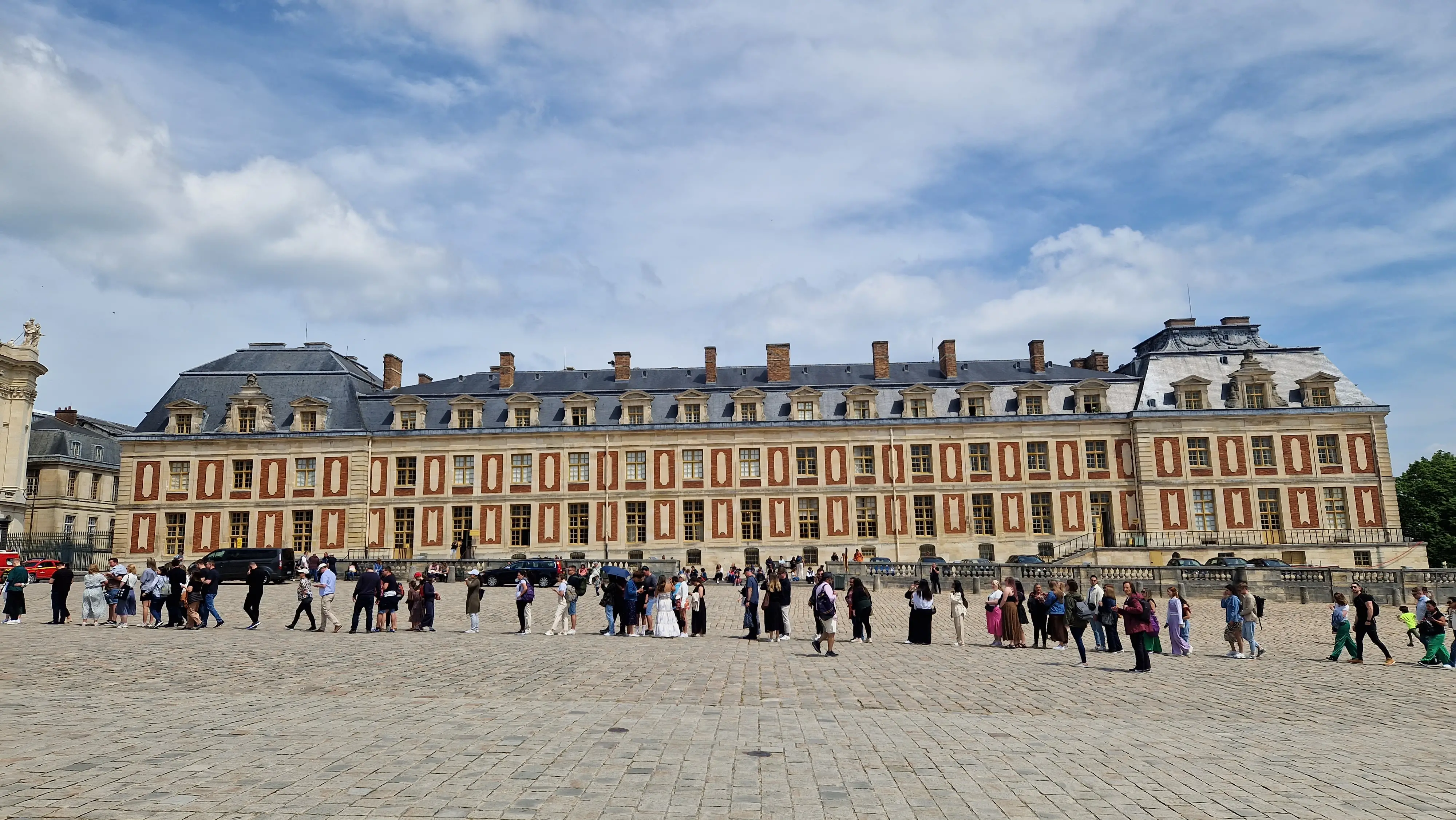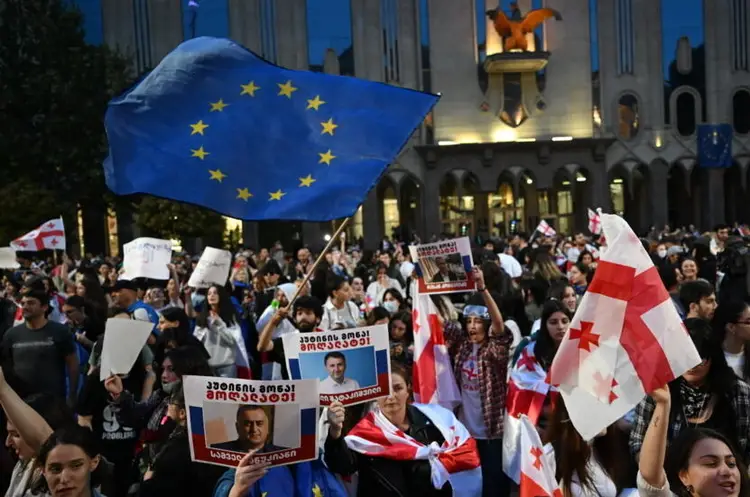Macron between two fires: why he called early elections and what to expect from the parliamentary elections in France

The high result of the far-right caused a political earthquake in the country, President Macron dissolved the parliament and called early elections, but a new threat for both Le Pen and Macron appeared on the political horizon
In the European Parliament elections that ended on Sunday, anti-systemic right-wing forces were the most successful. Ten years ago, they were considered marginal and unable to expand their political base and come to power. Now, they have been able to capitalize on the discontent of some Europeans with the rising cost of living, the housing crisis, mass immigration, and security problems on the continent.
In France, Marine Le Pen's party came in first with 31% of the vote.
This strong performance by the far right has caused a political earthquake in the country, forcing President Macron to dissolve parliament and call early elections.
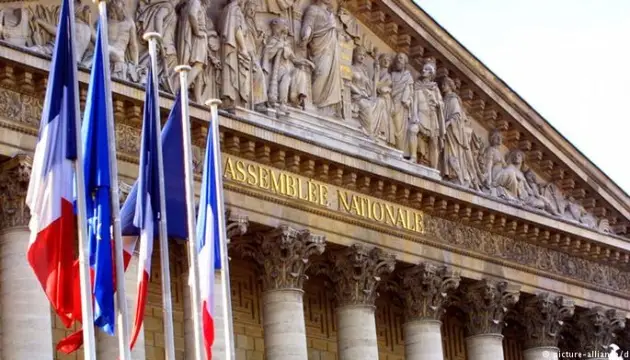
The Right is one step away from power
In the European Parliament elections, the National Rally list led by Marine Le Pen received 31% of the vote, which is twice as much as the pro-presidential bloc Demand for Europe (14.6%) and the Socialists (14%). In total, far-right forces garnered almost 40% of the vote, with the contribution of the Reconquête party (5.5%), led by Le Pen's niece, Marion Maréchal, who advocates withdrawal from the EU and NATO.
In addition, votes for the left-wing radicals from the "Rebel France" (10%) of Jean-Luc Mélenchon and the Communists, who have similar political positions, can be taken into account. The results of the parliamentary elections may be similar.
Parliamentary elections in France are held under the majority system, which gives an advantage to the strongest parties. Small parties have a chance to enter the National Assembly only through participation in large coalitions.
Left-wing parties (Socialists, Greens, Rebel France) can form a coalition, which will increase their chances of beating Macron's candidates in the second round.
Le Pen's party can use this historic chance, as moderate right-wing voters are unlikely to support left-wing candidates in the second round. They will either not come to the polls or give their votes to the far right. According to a poll conducted in December 2023 and commissioned by the Republicans, Le Pen's supporters could already claim a comfortable majority in parliament.
It is possible that after the election, a National Rally government will be formed, either as a single party or in coalition with other right-wing groups. It may not be headed by Le Pen, but by her young associate Jordan Bardella or another compromise politician.
Under the Constitution, the prime minister is appointed by the president, but the candidate must have the support of the parliamentary majority, which approves the government's program. The president presides over government meetings and signs its decisions.
France may return to "coexistence" for the first time in more than 20 years, when the president and prime minister represent different political forces. Previously, such "coexistence" in 1986-1988, 1993-1995, 1997-2002 was not without disputes over powers.
President Macron, whom Le Monde called "an engineer of chaos", by his decision to call early elections seeks to prevent Le Pen from taking the main post in the country — the president. The presidential election is scheduled for 2027, and perhaps the calculation is that the government of Le Pen's supporters will be so negative that they will lose popularity by 2027.
In any case, according to the Constitution, Macron will not be able to dissolve the next parliament for at least a year after the election, which determines the minimum period of "coexistence".
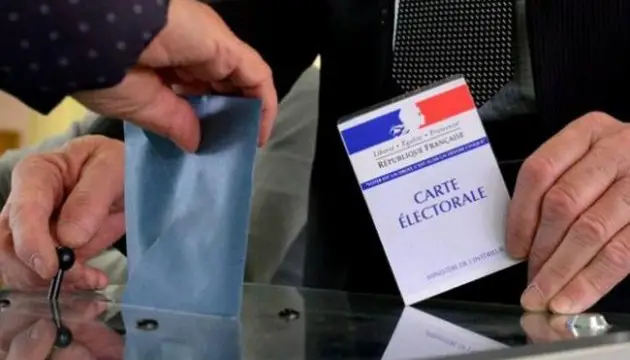
The dark horse of this election
Four key left-wing parties in France have united to form the New Popular Front to run in the snap election. They plan to campaign on a common platform and nominate a single candidate in each constituency. The Socialist Party (PS), the Greens, the Communists, and the L'France Indomitable (LFI), led by left-wing radical leader Jean-Luc Mélenchon, reached an agreement after several days of tense negotiations. They intend to present their "election manifesto" on Friday, June 14.
The alliance representatives said that their common policies include lowering the retirement age, which French President Emmanuel Macron recently raised, linking wages to inflation and introducing a wealth tax. Polls show that the New People's Front is unlikely to surpass Marine Le Pen's far-right National Rally, which could win about 33% of the vote.
However, the new alliance of the left could win more than 25% of the vote, which would give them a significant number of seats in parliament. This will allow them to thwart both Macron's centrist coalition, which is projected to lose half of its seats, and the National Rally, which could double its result and form a stable majority.
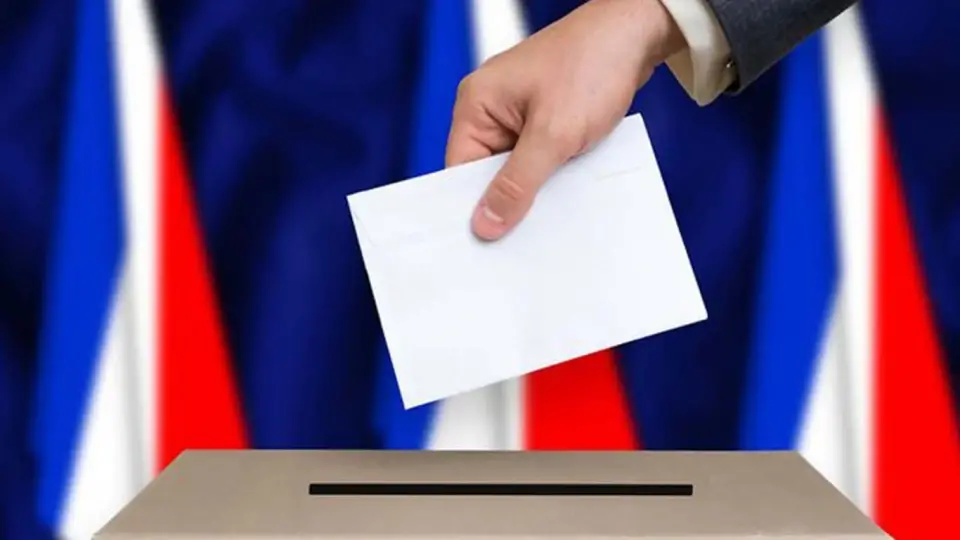
The best of what's there
As we assess the decision to dissolve parliament, we should remember that Macron had no good options.
He could have turned a blind eye to the far-right's calls for early elections. This would have allowed us to wait until 2027, when presidential and scheduled parliamentary elections are due, but every month of such delay would have undermined Macron's authority.
Now, about 54% of French people support the idea of dissolving parliament. Over time, this support would likely only grow.
In addition, in this case, Macron's political heir would have no chance of becoming president. The likelihood that a key position in France would go to the far right would increase significantly: either to Bardella or to the real leader of this political force, Marine Le Pen.
Macron is trying to save France from such a scenario.
The triumph of the far right in the European elections scared many French people. Bardella's promises to revise Macron's key reforms, including pension reforms, should scare the center-left opposition and encourage it to cooperate with the presidential party.
Elections to the European Parliament are often perceived by voters as an opportunity to send a signal to the current government. National elections, on the contrary, are of greater importance because the decisions of MPs directly affect the well-being of every citizen.
"I have heard your message and your concerns. And I will not leave them unanswered", Macron said during his address on June 9.
Will it be enough to defeat the far right? There is no public data on this issue yet. However, it is possible that Macron was guided by classified data.
It is hard to imagine that the French president did not have an action plan for such an outcome. After all, sociologists had initially predicted that the far right would win more than 30% of the vote, and this could not have gone unnoticed by Macron.
The timing of the early elections was perfect. If the president had done it later, it could have looked like weakness and a concession to the pressure of his opponents.



